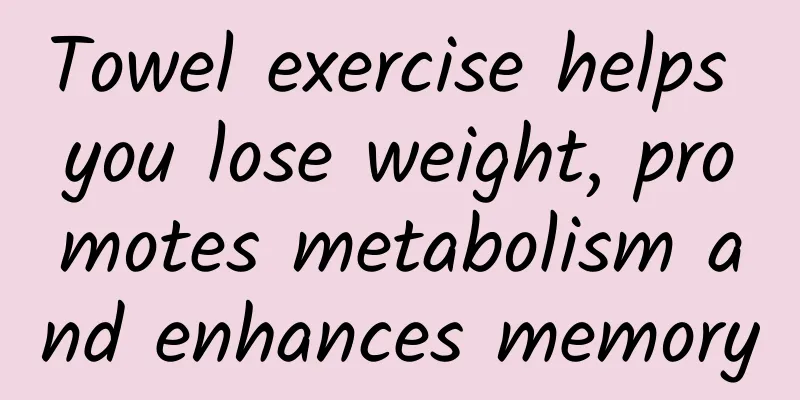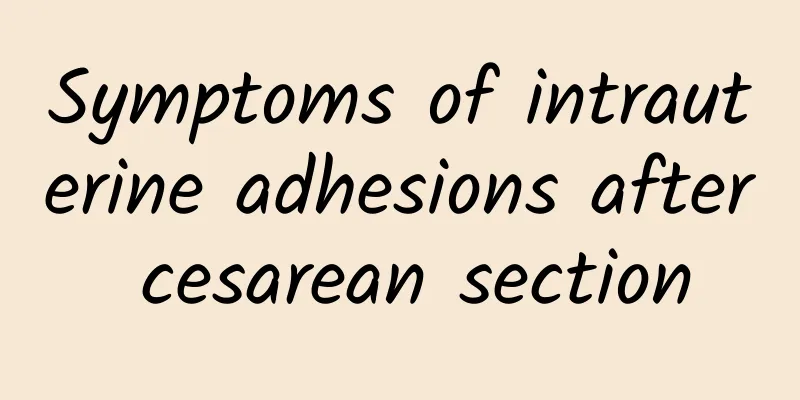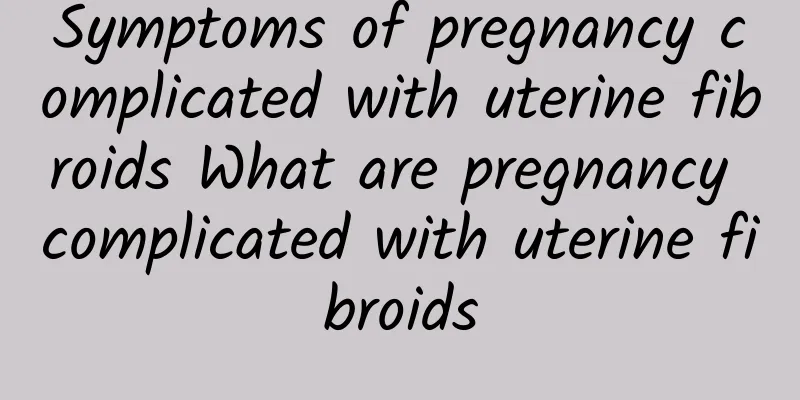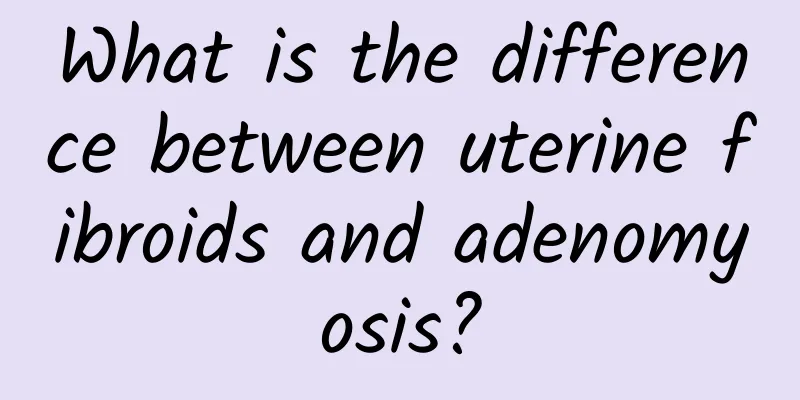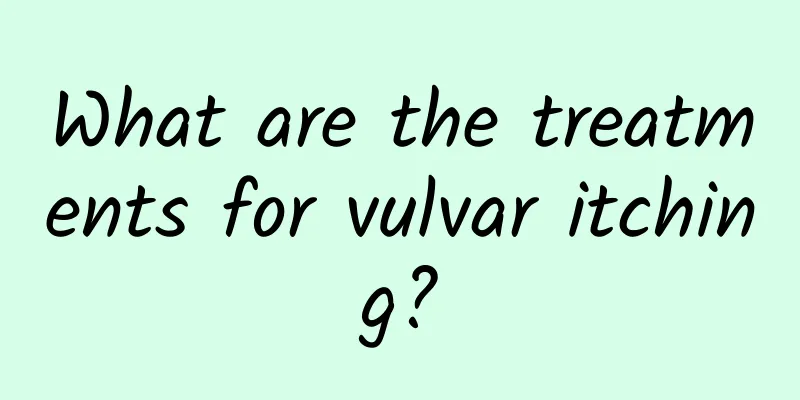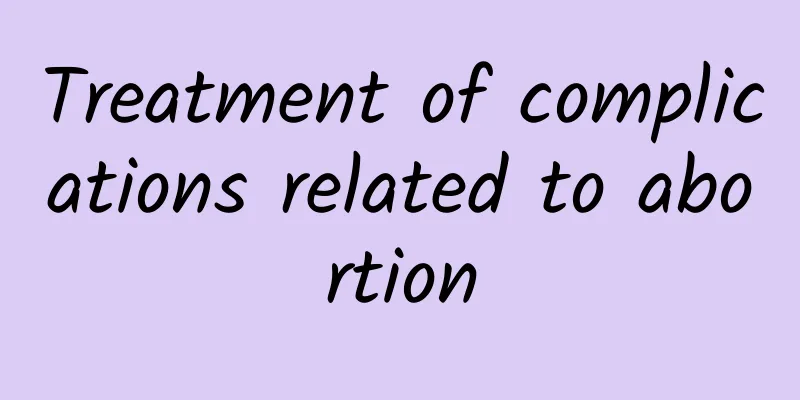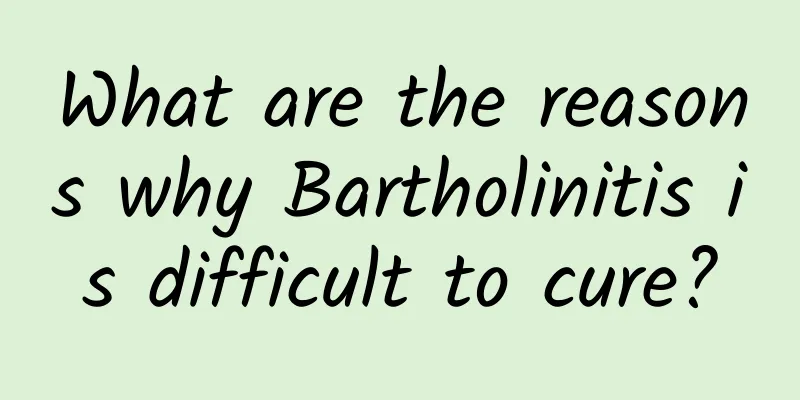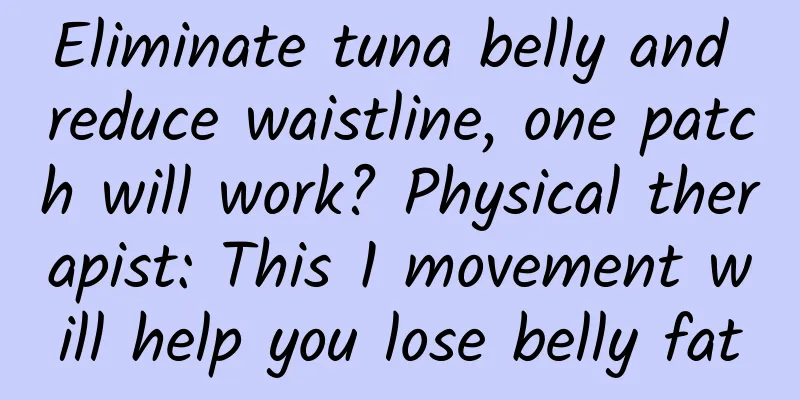There are 5 major culprits for uncontrolled appetite! A quick guide to weight loss from a famous doctor...
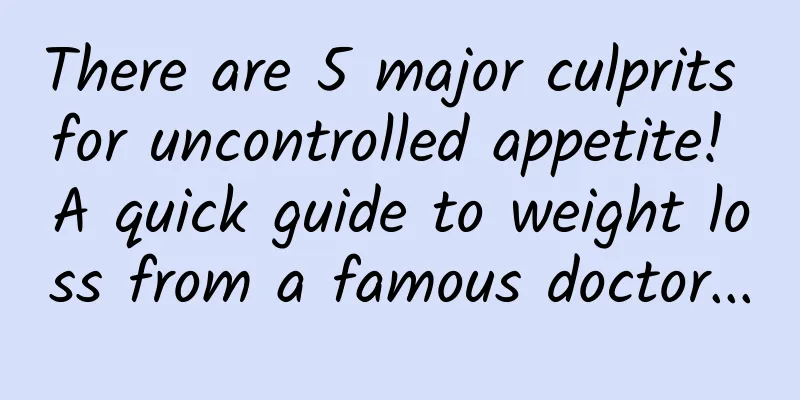
|
Eat, eat, eat... "I want to keep eating even when I'm full", "I feel tired all day after eating too much", "When I deliberately reduce my food intake, I experience physical withdrawal symptoms such as uneasiness, anxiety, depression or headaches". Do you have similar problems? Be careful, you may be losing control of your eating and becoming addicted! 5 Major Causes of Food Addiction Why does food addiction occur? According to the famous Korean weight loss doctor Park Yong-woo in his new book "Out of Control Appetite", there are actually five major culprits behind it! These include: chronic stress, sleep disorders, sugar, trans fats, and flour. Eating these foods frequently will cause the body's ability to control appetite and energy balance to fail, causing the brain to make wrong judgments, which will make you unable to stop eating and you will get fatter without realizing it. Addictive foods are called "highly palatable foods" or foods with strong "palatability" in English-speaking countries. As the literal meaning suggests, it means "the taste of food containing addictive ingredients that makes people feel pleasurable." Self-diagnosis of psychological factors of food addiction Based on years of clinical experience, Dr. Park Yong-woo has discovered that weight loss is not a matter of willpower, but rather a matter of the body's mechanisms. The hunger that modern people feel is often not true physical hunger, but psychological hunger. Therefore, they are prone to overeating due to impulse and even develop symptoms similar to food addiction. Here are some signs of food addiction: □When eating, the amount left over is much less than expected, and I almost always finish it all. □I will continue eating even if I am full. □Occasionally I worry about whether I should reduce the amount of food I eat. □Feeling tired all day because of eating too much. □Spending too much time eating affects work, time spent with family and friends, and important appointments or leisure activities. □Intentionally fasting or reducing food intake may cause physical withdrawal symptoms such as restlessness, anxiety, depression or headaches. □ Have you ever sought food because of symptoms such as restlessness, anxiety, depression or headache? □I have experienced stronger cravings for certain foods after deliberately giving them up or reducing their intake. Please note! If you meet 3 or more of the above problems, you may have a "food addiction" problem. In order to solve the problem of "food addiction", Dr. Park Yong-woo divides people with "food addiction" into the following types, and then provides solutions for different types, from how to regulate stress, improve sleep, to cultivating healthy exercise and eating habits. People with food addiction are prone to overeating due to impulse. Types of Food Addiction: ① Compulsive type People with compulsive food addiction think about eating throughout the day, especially at night. Even if you try to get rid of food or the act of eating, you can’t easily focus on other things. Suggested improvements: People who are obsessive-compulsive have a strong obsession with food and food intake, so it is difficult for them to think about other things. Therefore, what is suggested is the ability to think switch-on to shift attention elsewhere. ②Impulsive The most important characteristic of the impulsive type is the inability to control one's own actions, the inability to concentrate on one thing for a long time, and the tendency to quickly feel bored or annoyed. Certain impulsive behaviors are caused by low self-control in the prefrontal cortex and problems with dopamine secretion. Suggested improvements: The activity of the prefrontal cortex of these people is mostly in a low state, and the dopamine concentration is also low. Taking depression drugs such as Prozac, which can increase serotonin levels, may even make symptoms worse. On the contrary, appetite suppressants such as phentamine may be helpful in controlling impulsive eating. ③Emotional The emotional type occurs more often in women than in men. When they feel unmotivated, lonely and depressed, they will still look for something to eat even if they are not hungry. The reason for appetite is not physical hunger or the need for nutrients, but to fill some emotional deficiency, so people turn to food for comfort. Suggested improvements: Emotional food addiction is often accompanied by depression, so when depression is more serious, you should first receive depression treatment, including: getting enough sunlight to prevent the body from lacking vitamin D. If necessary, taking vitamin D supplements is also a good choice. Emotional food addiction often develops into binge eating disorder or polyphagia, and taking serotonin-related antidepressants can improve symptoms. |
<<: Alcohol is the enemy of weight loss! Muscle Mom: 4 reasons to put down your cold beer
>>: Marathon beauty nutritionist reveals what she eats before, during and after exercise
Recommend
What is the disease of a fibroid growing outside the uterus? Is it normal to have a fibroid growing outside the uterus?
What is a disease when a fibroid grows outside th...
How to maintain after uterine myomectomy
What is the postoperative maintenance after hyste...
What is cervical erosion of degree 2? Detailed medical knowledge about cervical erosion
Cervical erosion is a disease caused by patients ...
How to treat cervical erosion in early pregnancy?
Under normal circumstances, if a woman is diagnos...
A comprehensive review of the treatment methods for uterine fibroids and what to pay attention to when having uterine fibroids
For many patients with uterine fibroids, uterine ...
The most important nursing measures for adnexitis
Among all kinds of gynecological inflammation, ad...
Beware of pelvic inflammatory disease if you have diarrhea during menstruation
Recently, Ms. Wu from Wuchang District found that...
Reasons for decreased menstrual flow after abortion
There are many reasons why patients have less men...
What medicines can treat bacterial vaginosis?
The only prominent feature of bacterial vaginosis...
Reject Cai Cai's expression! 3 types of weight loss acupoints should be pressed correctly
Modern people overeat and lack exercise, and are ...
Overweight 15kg after overeating, local liposuction to improve body shape
A 25-year-old woman who works part-time as a show...
What causes bacterial vaginosis
For our female compatriots, bacterial vaginosis c...
What effect does uterine fibroids have on fertility? Does uterine fibroids have an effect on future childbearing?
What effect do uterine fibroids have on fertility...
How to cure fungal vaginitis
The incidence of candidal vaginitis in women is s...
What are the symptoms of threatened miscarriage? What are the methods to preserve the fetus during threatened miscarriage?
Threatened abortion refers to a small amount of v...
